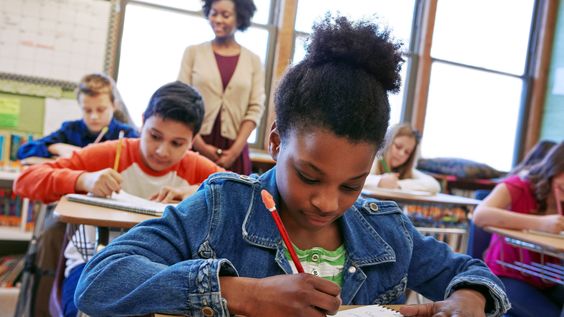Instructional coaching is an essential practice that can greatly improve the teaching and learning experience in any educational institution. The best instructional coaches possess certain qualities that enable them to have a powerful impact on teachers and students alike. Here are seven things the best instructional coaches do, according to teachers who have benefited from their expertise.
1. Build Trusting Relationships
The foundation of any successful coaching relationship is trust. The best instructional coaches invest time into cultivating strong relationships with the teachers they work with, demonstrating a genuine interest in their personal and professional development. They create a safe, non-judgmental space where teachers feel comfortable sharing challenges, triumphs, and potential areas for growth.
2. Encourage Reflection
One of the most important roles of an instructional coach is encouraging self-reflection among teachers. Effective coaches engage in thought-provoking questions and activities that prompt educators to critically examine their own practices, helping them gain deeper insights into their strengths and areas for improvement.
3. Provide Tailored Support
Understanding each teacher’s unique needs and goals is crucial for successful coaching experiences. The best instructional coaches offer differentiated support, adjusting their approach based on individual learning styles, classroom contexts, and specific objectives. This highly personalized approach ensures that guidance is meaningful, relevant, and actionable.
4. Model Effective Strategies
The coaches should have a solid understanding of various teaching methodologies, technologies, and classroom management techniques. They should be able to skillfully demonstrate these strategies in action or through video examples to inspire teachers to try new approaches within their own classrooms.
5. Offer Constructive Feedback
Constructive feedback is a vital component of any coaching relationship. The best instructional coaches carefully observe classroom practices and provide helpful suggestions based on evidence-based practices. They deliver this feedback sensitively and respectfully so that teachers can embrace it as an opportunity for growth rather than feeling criticized or undermined.
6. Foster Collaboration
By fostering collaboration among teachers and promoting a shared sense of purpose, instructional coaches help create a culture of continuous improvement within the school. They encourage teachers to collaborate with their peers, learn from one another, and celebrate one another’s successes.
7. Stay Current With Latest Trends
Excellent instructional coaches stay informed about the latest educational research, trends, and strategies. This allows them to provide the most up-to-date guidance, support, and resources to the teachers they work with. By participating in professional development opportunities and engaging with educational communities, they maintain their own expertise and ensure that they are well-prepared to advise others.
In conclusion, the best instructional coaches have a significant impact on both teaching quality and student learning by building trusting relationships, encouraging reflection, providing tailored support, modeling effective strategies, offering constructive feedback, fostering collaboration, and staying current with the latest trends in education. Teachers who work with such coaches benefit from enhanced skills and confidence in their daily practice. And ultimately, students are well-supported in their academic journey by these nurturing educators.





